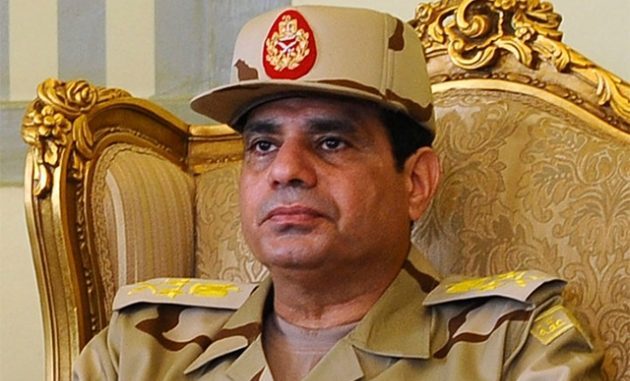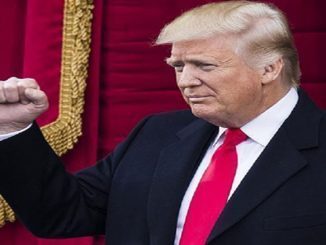
After the Egyptians bravely overthrew the military-backed dictator, Hosni Mubarak in 2011, they witnessed the first democratically elections in Egypt’s history in 2012.
However, the Egyptians’ dream of democracy vanished when the country’s military launched a coup in 2013 that ousted, President Mohamed Morsi, Egypt’s first popularly elected national leader.
Then, the coup leader, Abdel Fattah al-Sisi, ruled the country when he won a landslide victory in 2014 and now Al-Sisi’s certain victory of the second presidential term demeans democracy.
In fact, Egyptians had no real choice after al-Sisi ensured all credible challengers were jailed, arrested or pressured to withdraw. Only slightly more than 40% of the 59 million voters actively backed him.
Turnout was light in many parts of Cairo. Reuters, cited an official in the National Election Authority, said about 13.5 percent of 59 million eligible voters had cast ballots last week.
According to many observers, Egypt has a lot of problems and Sisi is making them worse. Stability is his watchword, but his record of economic mismanagement, unchecked, high-level corruption, IMF-mandated austerity, cuts in food and fuel state subsidies, high youth unemployment and inadequate educational provision is a virtual guarantee of future upheavals.
When Sisi’s penchant for mass executions and jailings and his sweeping assaults on civil liberties are added to the mix, little wonder that analysts predict Egypt is heading for another revolution.
Al-Sisi’s so-called “election” was a dangerous sham. “His lack of legitimacy helps foster conditions in which jihadist extremism thrives. Egypt already faces a lethal insurgency by the Islamic State-linked Wilayat Sinai group, Sinai Province, responsible for the killing last November of 305 people at a Sufi mosque and numerous attacks on Coptic Christians,” wrote the Guardian.
It also added,”Sisi’s hardline tactics have done little to curb this menace.”
According to the Guardian,”Yet this lamentable record does not deter largely unquestioning support from the US and its allies, including Britain. They are making the same old Mubarak-era mistake. ”
“Propping up Arab dictators do not serve western interests. Rather, it perpetuates injustice and instability in the Middle East,” said the Guardian.
Over the past year, the repression has deepened. Hundreds of websites viewed as critical of the regime have been blocked, and travel bans and other repressive measures have been imposed on activists. Many opponents have been jailed or “forcibly disappeared,” while extrajudicial killings are increasing, human rights groups say.
The United States and other Western powers have remained publicly silent. President Trump considers Sissi a friend and has publicly indicated a willingness to overlook human rights and democracy concerns in the Middle East to support key allies.



